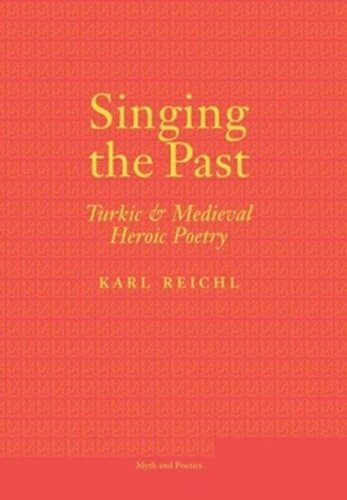

Most ebook files are in PDF format, so you can easily read them using various software such as Foxit Reader or directly on the Google Chrome browser.
Some ebook files are released by publishers in other formats such as .awz, .mobi, .epub, .fb2, etc. You may need to install specific software to read these formats on mobile/PC, such as Calibre.
Please read the tutorial at this link: https://ebookbell.com/faq
We offer FREE conversion to the popular formats you request; however, this may take some time. Therefore, right after payment, please email us, and we will try to provide the service as quickly as possible.
For some exceptional file formats or broken links (if any), please refrain from opening any disputes. Instead, email us first, and we will try to assist within a maximum of 6 hours.
EbookBell Team

5.0
68 reviewsOral epic poetry is still performed by Turkic singers in Central Asia. On trips to the region, Karl Reichl collected heroic poems from the Uzbek, Kazakh, and Karakalpak oral traditions. Through a close analysis of these Turkic works, he shows that they are typologically similar to heroic poetry in Old English, Old High German, and Old French and that they can offer scholars new insights into the oral background of these medieval texts.Reichl draws on his research in Central Asia to discuss questions regarding performance as well as the singers' training, role in society, and repertoire. He asserts that heroic poetry and epic are primarily concerned with the interpretation of the past in song: the courageous deeds of ancestors, the search for tribal and societal roots, and the definition and transmission of cultural values. Reichl finds that in these traditions the heroic epic is part of a generic system that includes historical and eulogistic poetry as well as heroic lays, a view that has diachronic implications for medieval poetry.Singing the Past reminds readers that because much medieval poetry was composed for oral recitation, both the Turkic and the medieval heroic poems must always be appreciated as poetry in performance, as sound listened to, as words spoken or sung.